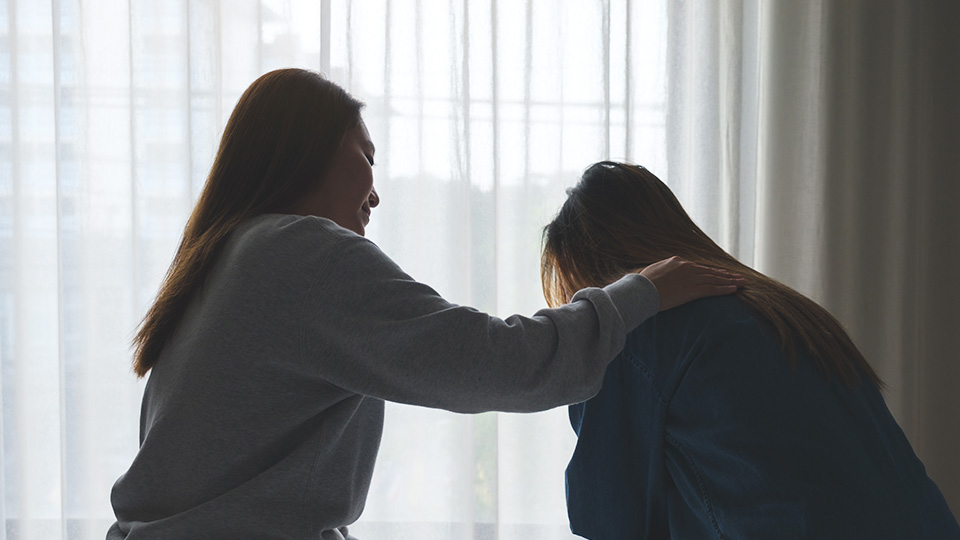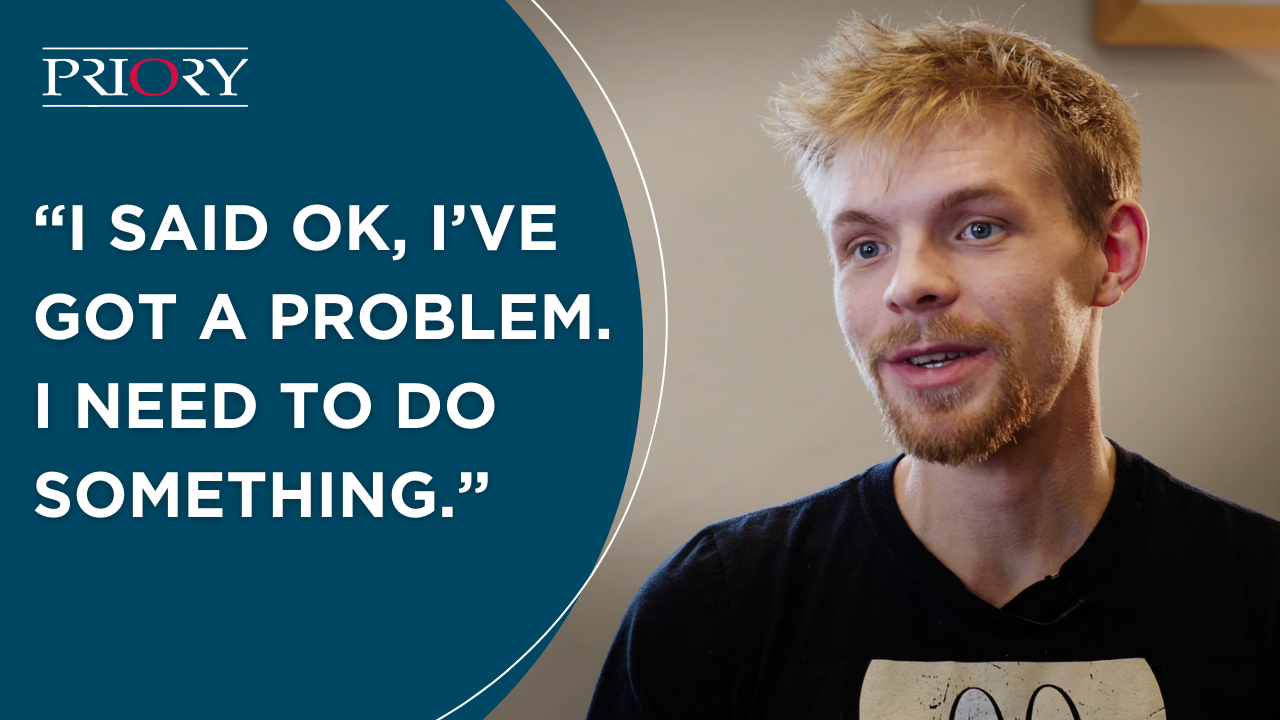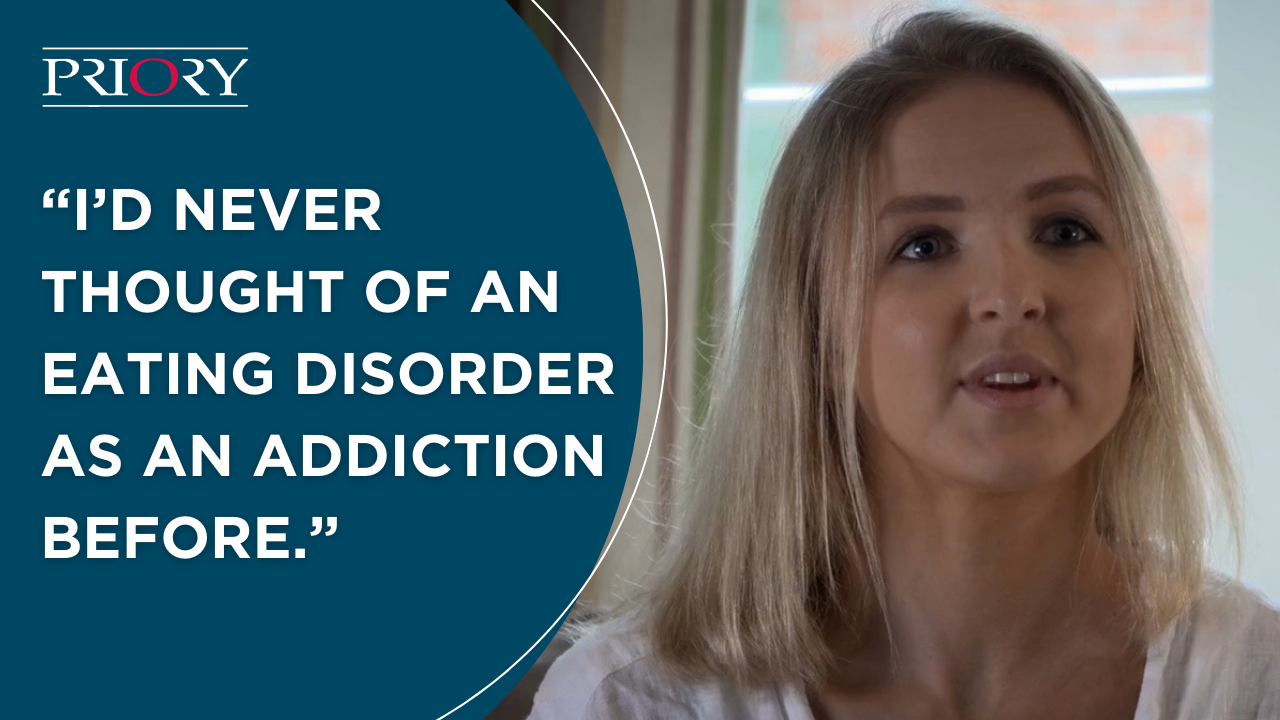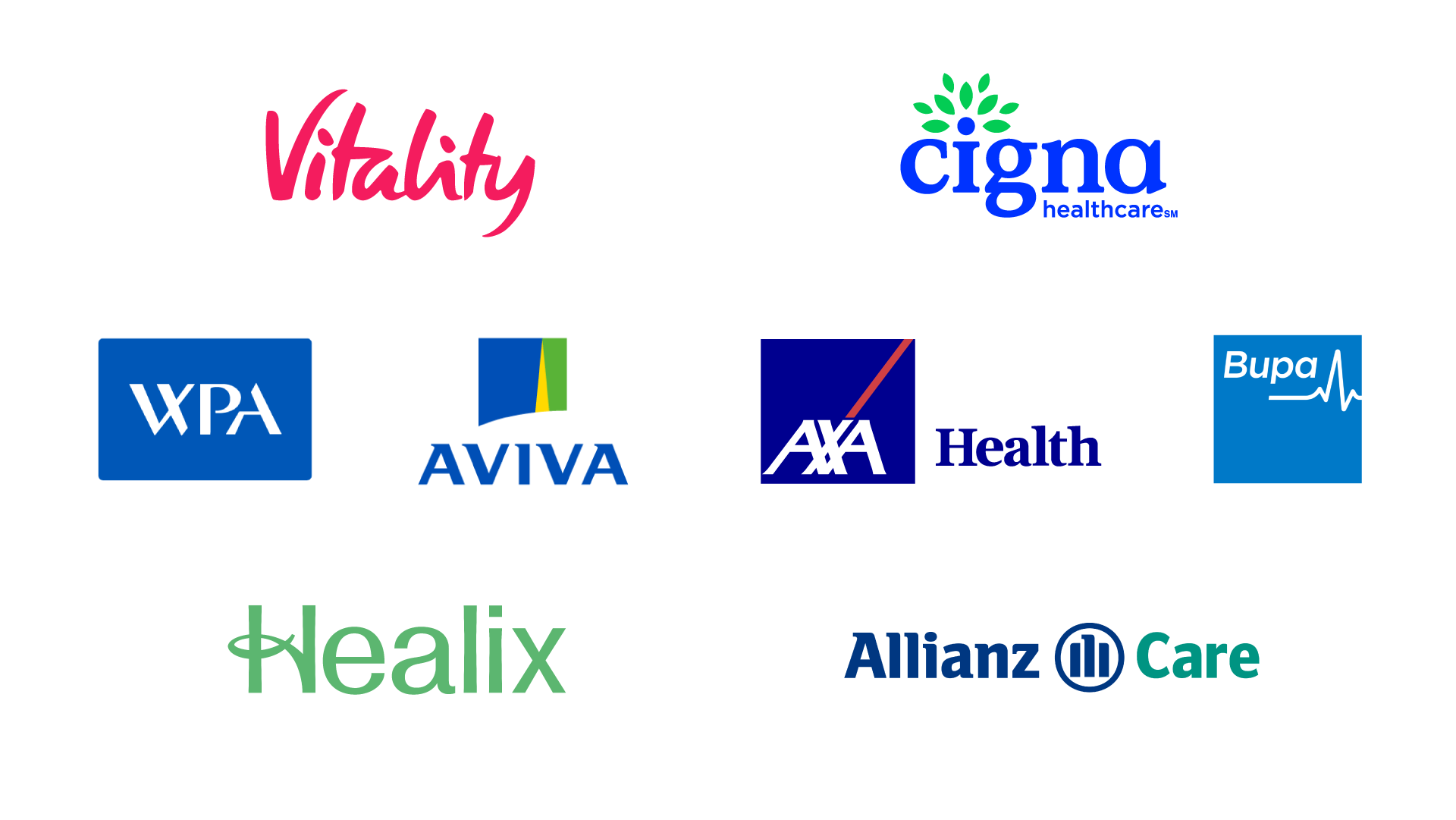What to expect during a residential eating disorder treatment programme
Every aspect of our residential eating disorder programme is focused on helping you to get well. Here are the main pillars of support you can expect during a residential eating disorder stay.
Medical and psychological support
We offer 24/7 medical and psychological care to ensure your safety and wellbeing. Eating disorders can take a toll on your physical health, but you’ll have a dedicated medical team by your side to manage any risks you might have and keep you safe. This includes:
- Support in weight restoration – if you need to restore or stabilise your weight, we provide tailored nutritional guidance and medical supervision to support safe and sustainable progress
- Managing medical complications – our team will monitor vital signs, hydration levels and nutritional intake to prevent and treat complications associated with your eating disorder
- Psychological support – alongside medical support, you’ll also receive intensive therapy to address the underlying causes of your eating disorder, helping you develop healthier coping strategies
Therapies used in residential eating disorder treatment
Our programme includes a range of evidence-based therapies, designed to support the psychological, emotional and behavioural aspects of your eating disorder in a one-to-one and group setting. They include:
- Cognitive behavioural therapy (CBT) – helps you to recognise and change unhelpful thoughts and behaviours related to food, body image and self-esteem
- Enhanced CBT (CBT-E) for eating disorders – a specialised form of CBT tailored specifically to eating disorder recovery, addressing patterns of restriction, bingeing and purging
- Maudsley Model of Anorexia Nervosa Treatment for Adults (MANTRA) – evidence-based therapy specifically designed for adults with anorexia, helping you to understand and change the thinking styles that maintain your illness
- Dialectical behaviour therapy (DBT) skills – focuses on emotional regulation, distress tolerance and building healthy coping strategies
We also offer bespoke exposure work through practical sessions like shopping, cooking and café outings to help rebuild confidence around food in everyday settings. You'll also receive dietetic support, with personalised nutritional guidance, to promote a balanced, sustainable approach to eating.
Psychoeducational workshops cover topics like relapse prevention and emotional wellbeing, as well as motivational interviewing to strengthen your commitment to change.
As well as these core therapies, we also offer a range of holistic and creative therapies to support overall wellbeing, including things like mindfulness, yoga, an art process group, drama therapy and other stress reduction or relaxation classes.
Structure and routine in treatment
A structured daily routine is central to residential treatment, offering stability and support for your recovery. Each day begins with breakfast and a morning goals group, followed by meals supported by staff and post-meal sessions to explore any difficult emotions that arise.
The programme includes a blend of therapy, practical food sessions and wellbeing activities like yoga, art and drama therapy, helping you build healthier coping strategies and self-acceptance. You'll also attend weekly Anorexics and Bulimics Anonymous (ABA) meetings for peer support. Evenings are focused on reflection, with free time and a goodnight group to end the day.






